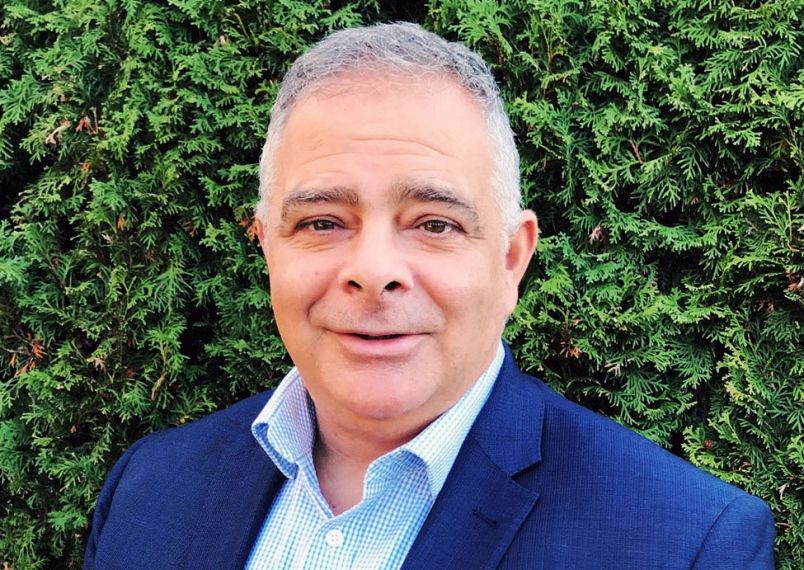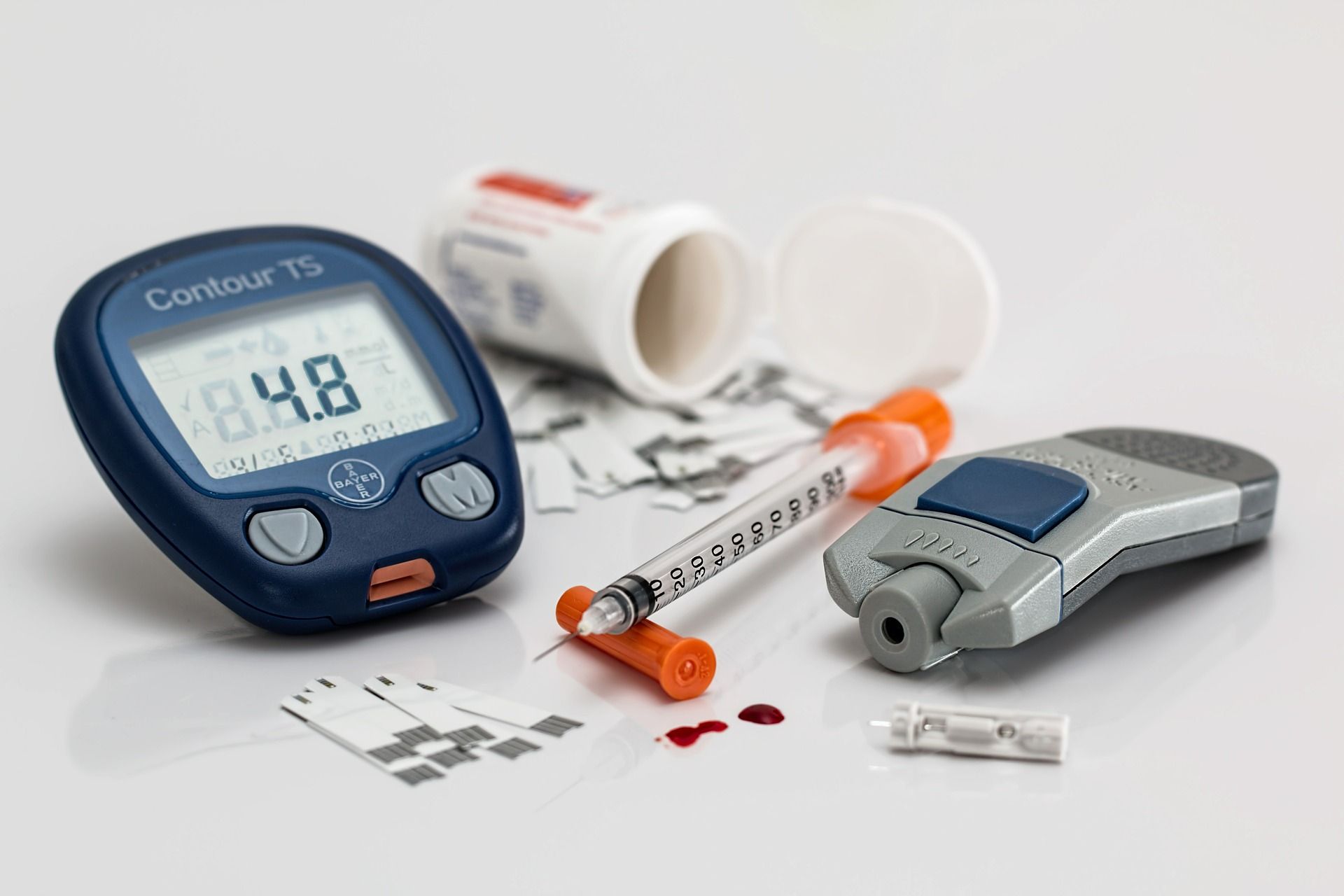“we kind of look for an explanation for things, and so, what ends up happening is that people without diabetes, especially (when looking at) type 2 diabetes, they look at it like you brought this on yourself.”
he goes on to note that people with diabetes are often left to deal with comments surrounding what they’re eating and why they’re eating it – all with a tone of judgment.
“if you’re living with diabetes and you’re sort of managing it, you make your own choices as to what you’re going to eat and when, and you’ve probably figured it out,” he said, meaning that people with diabetes have a strong grasp on how to take care of themselves, one that those without the condition simply don’t understand.
najeeb ashraf, a medical communications and medical affairs specialist, has been living with type 1 diabetes for over three decades and working within the medical space, lending his expertise to organizations geared toward researching diabetes and advocating for a better understanding of the disease.
while he notes that he doesn’t experience any feelings of self-blame for his condition, he does deal with comments from others who don’t know what diabetes really is.
“you eat a lot of sugar. you have a lot of high sugar,” he said of comments he’s received when using his insulin pump around others. “that’s why you’re using it. ‘oh, you know what, you should start eating this, you should start eating that.’ i’m like, ‘thank you so much. i don’t eat a lot of sugar, and diabetes does not happen because of eating a lot of sugar.”
 8 minute read
8 minute read




















